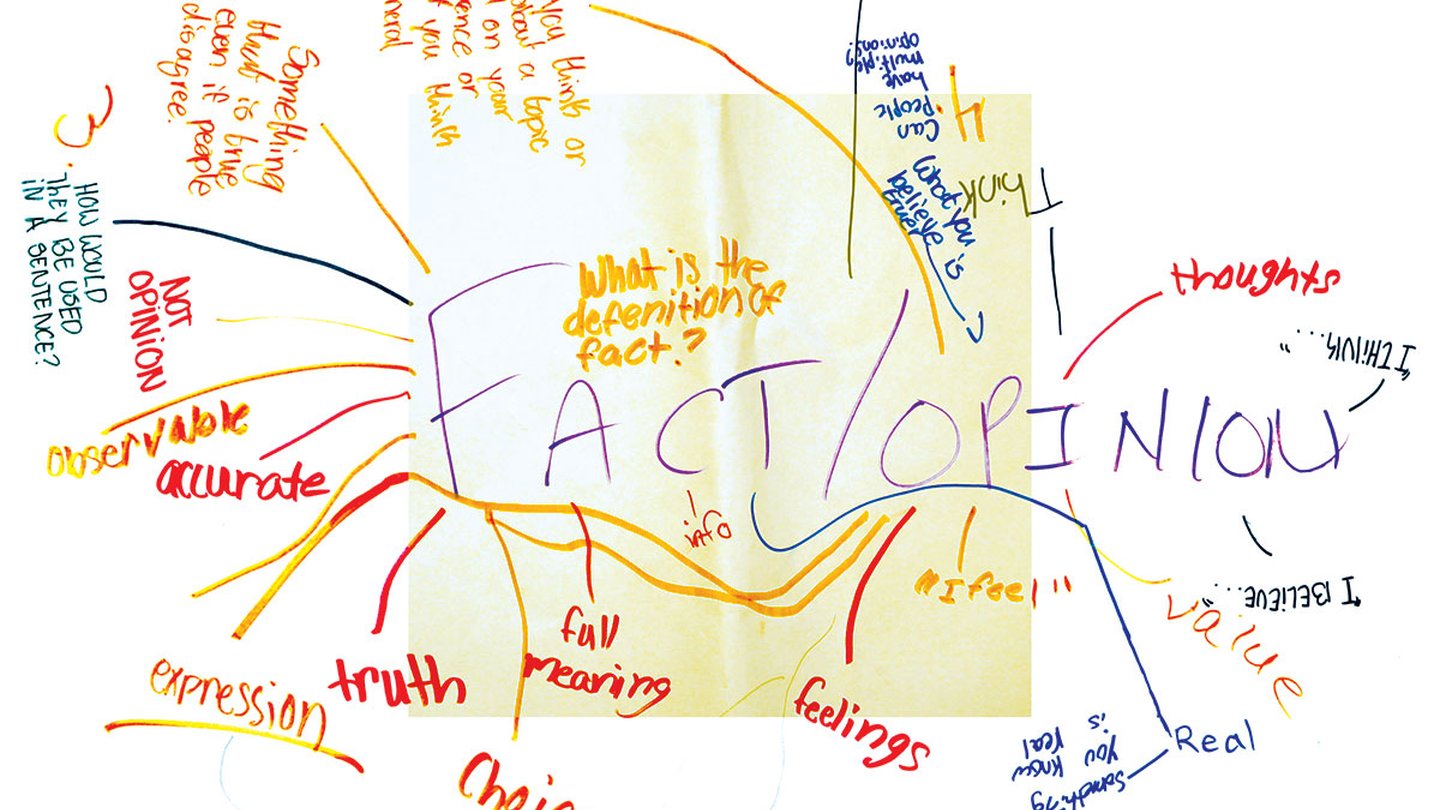Increasing Civic Engagement, State by State
A selection of actual assignments by eighth-grade students in Massachusetts shows how civics classes can lead to informed and engaged citizenship
A selection of actual assignments by eighth-grade students in Massachusetts shows how civics classes can lead to informed and engaged citizenship

Funding for civic learning, both from philanthropy and government, is woefully inadequate. The United States invests just 5 cents in civic education for every 50 dollars that goes to education in science, technology, engineering, and math (STEM) subjects.
Current data on civic knowledge is just as alarming. The 2023 Annenberg Civics Knowledge Survey found that about one in six Americans could not name any of the three branches of the U.S. government, and most Americans could not name all of the rights protected under the First Amendment. Eighth graders’ scores in civics registered their first decline since testing began in 1998, according to data from the 2023 National Assessment of Educational Progress.
The need for accurate instruction on history and government has never been greater. And voters across parties agree. Fifty-nine percent of likely Republican voters and 74 percent of likely Democratic voters support more funding for civic education, according to a 2022 poll by iCivics and More Perfect.
Driven by the foundational belief that educated and engaged citizens are critical to a healthy democracy, Carnegie Corporation of New York has invested $16.3 million in civic education over nearly three decades. In January 2024, the foundation gave a $1.5 million grant to support iCivics’ CivXNow Coalition, which involves more than 320 cross-ideological partners throughout the country working to advance civic education policies at state and federal levels. Thanks to the strong advocacy of CivXNow Coalition members, states across the political spectrum have bolstered civic learning in recent legislative sessions, including in Georgia, Indiana, Massachusetts, New Jersey, Oregon, Rhode Island, and Utah.
In 2018, Massachusetts led the way with bipartisan legislation mandating an eighth-grade civics class. The images accompanying this article are actual assignments by eighth-grade students participating in “Civic Engagement in Our Democracy,” a curriculum developed by the Democratic Knowledge Project. The project is part of the Carnegie-supported Edmond & Lily Safra Center for Ethics at Harvard University, which among other projects is working to develop and pilot a renewed civics education curriculum.
There is no one-size-fits-all approach to civic learning, and conservative, progressive, urban, rural, and otherwise diverse states have taken varied policy approaches to increase it. Carnegie recently published Connecting Civic Education and a Healthy Democracy, a report high-lighting the need for state-level policies that expand and improve K–12 civic learning. Learn more at carnegie.org/CivicsPolicy.





